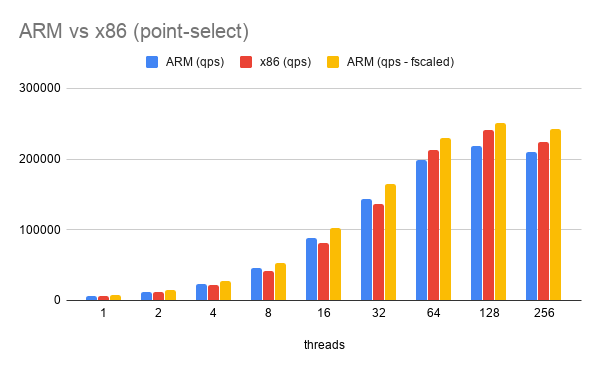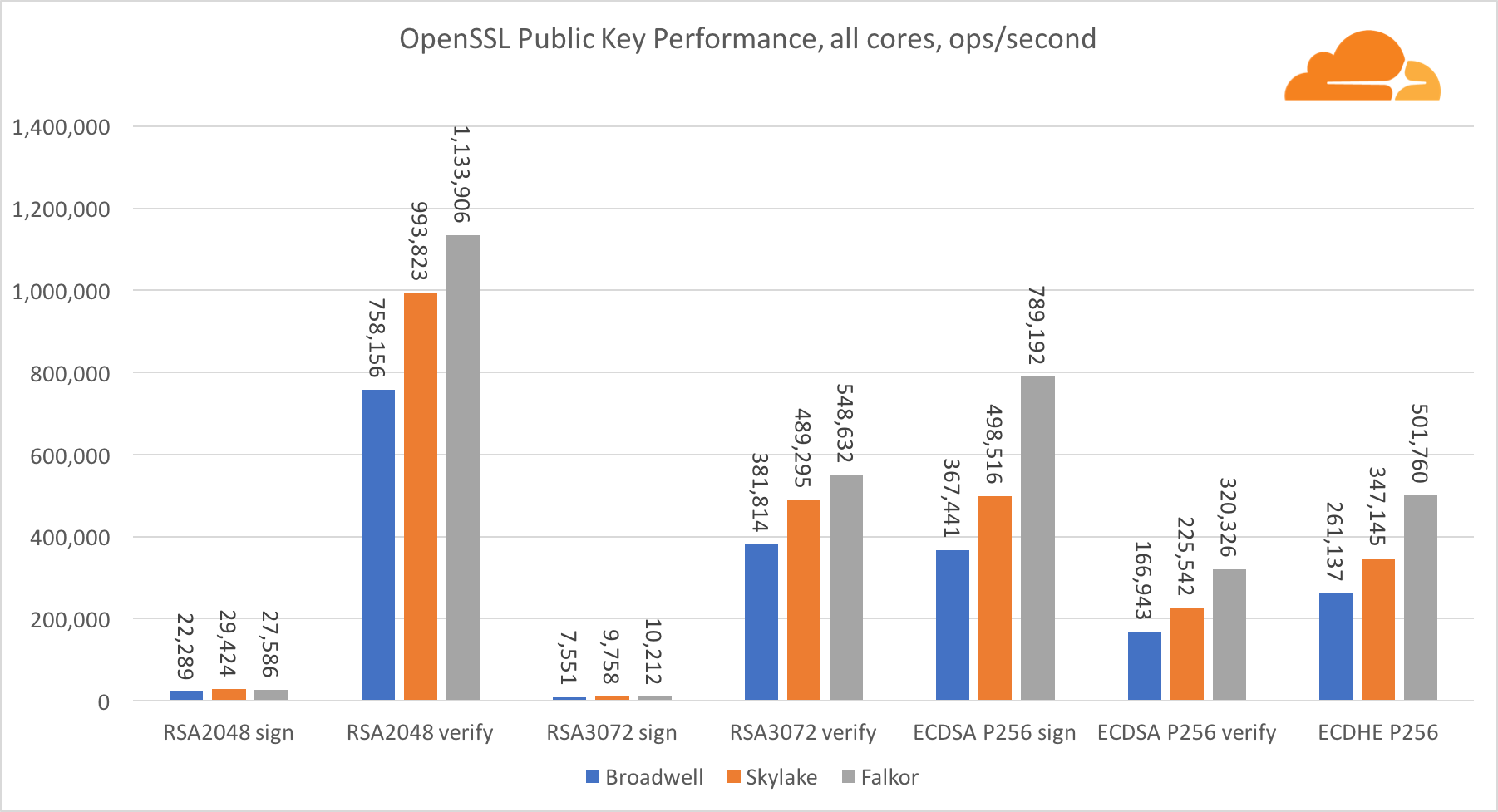I was mentioning to someone on GAF in a response, that it would be much more smarter (and likely) that Sony "open up" PlayStation down the line in some future generation to offer more PC-like functionality. More modular upgrades, getting more productivity products on it (akin to how we saw on microcomputers like the Amiga) for things like video production, streaming, business, programming etc.
It is much more in Sony's interests to open up/expand PlayStation with PC-like software and support if need be (including allowing companies like Adobe, Corel, Oracle and even Microsoft publish their various productivity software on it after porting to the platform, allowing cross-save functionality obviously), than make a PlayStation storefront/launcher on PC. Because the latter means essentially making it for Windows, and being the "away team" going to Valve's playground, where they have incredibly strong home court advantage.
So strong, in fact, to the point where even though I think it's in Microsoft's best interests to shift Xbox to a PC gaming platform (like, as soon as possible), that's more in effort to lock PC and Xbox gamers into Windows and secure the backend with the development community. Valve would still command dominant presence as the storefront/launcher of choice unless Microsoft can make Windows Store a genuine competitor.
It's actually funny in a way, because effectively the best paths forward for both Xbox and PlayStation may be to become more PC-like, but in VERY different ways and timescales. Xbox consoles are basically dying in the market now, and if numbers don't substantially improve for 2024, I think it's a wrap. Keeping Xbox gaming hardware around would mean needing to completely change the business model to something aggressively more PC-like, and the best path for that would be to just have the systems run full-on Windows while still offering an Xbox-like UI option (that also disables unnecessary Windows utilities & background processes) for those who want that UI and not a Windows one (both should be options at boot and an option to to switch from one to the other, tho that probably would require a restart).
I've already mentioned many times all the benefits they'd get doing this for their 10th generation of gaming hardware. They can price the systems higher with profit margins off the hardware itself. They would, compared to other PC NUCs, have a much more capable gaming device at comparable prices (most of the good NUCs I've seen tend to go for like $800 - $1K or something like that). It can run all typical Windows applications in Windows mode. They can optimize the hardware and software stack the way they do with their Surface devices. They wouldn't need to manufacture as many units as usual, saving on production costs. They can still make various peripherals. They no longer have to constantly be compared to Sony and Nintendo. They can offer regular refreshes every couple of years while potentially saving on R&D costs (more PC-like = less bespoke hardware needed, tho MS can still bring their console R&D advantages to these new line of devices). They can go full 3P with multiplat support without needing to put on a face anymore. They can (likely) finally get Game Pass on Sony & Nintendo systems. Just so many obvious benefits in shifting the Xbox business model away from console to PC, but bringing over as much of the console experience as possible in doing so.
In fact, the only ones who lose out, are the Xbox fanatics who are still stuck in a console warring mentality. But who honestly cares about them?
For Sony, I don't think there's any need to really start opening up PlayStation as much of a PC until near the latter end of the next generation. I don't expect PS6 to be modular in any way like a PC is, tho of course they'll still let you upgrade storage and, hopefully, attach a disc drive for physical media. But they don't need to, either. PlayStation's basically been carrying the industry in terms of sales and revenue at least the past year if not longer, as Switch has finally been winding down and Xbox is cratering. For Sony, PlayStation IS their PC, and there's little reason to go outside of that ecosystem to Windows & Steam outside of some GaaS titles and maybe remastered collections of catalog/legacy titles (IMHO). They should sooner consider a PS7, for example, with modular upgradable components in RAM and GPU, before leaning onto PC for that. But this type of upgradability would be one where Sony controls the production, so in effect it'd be them manufacturing the RAM and GPU upgrades. I think that's probably the only way they could enable choice while still retaining security and critical performance thresholds. But for other things like the SSD, what they allow now for PS5 would suffice.
Maybe before the PS7, like during the ending years of PS6, Sony consider getting more productivity application support for PlayStation. Maybe start enticing companies like Adobe or even Microsoft to port products like Photoshop and Word to PlayStation. Get companies like Google to offer Chrome as a web browsing option, stuff like that. And they continue that further with PlayStation 7 (or whatever they call it by then); the key difference between Sony and Microsoft here is that Sony, thanks to PlayStation, don't really "need" the standard PC market to offer those types of features to customers. They sell more PlayStation in any given 5-7 year period than Microsoft, Dell, Asus, Acer and Lenovo sell in similarly priced or performing OEM PCs and laptops to consumers, combined. Maybe that would change if Microsoft really do take Xbox into a PC NUC/laptop-focused gaming product soon, but even so the selling power of the brand is undeniable.
Sony are better off trying to retain that, versus needlessly relenting control to outside parties on outside ecosystems. Because that then makes them more and more of a dependent, and lessens their autonomy. It starts to constrain them in certain flexibility of options, and not in necessarily good ways. Versus a company like Microsoft, who have many vested interests in PC, so moving their focus to that area, and using Xbox to catapult that focus & fully tie things together, just makes too much sense.








